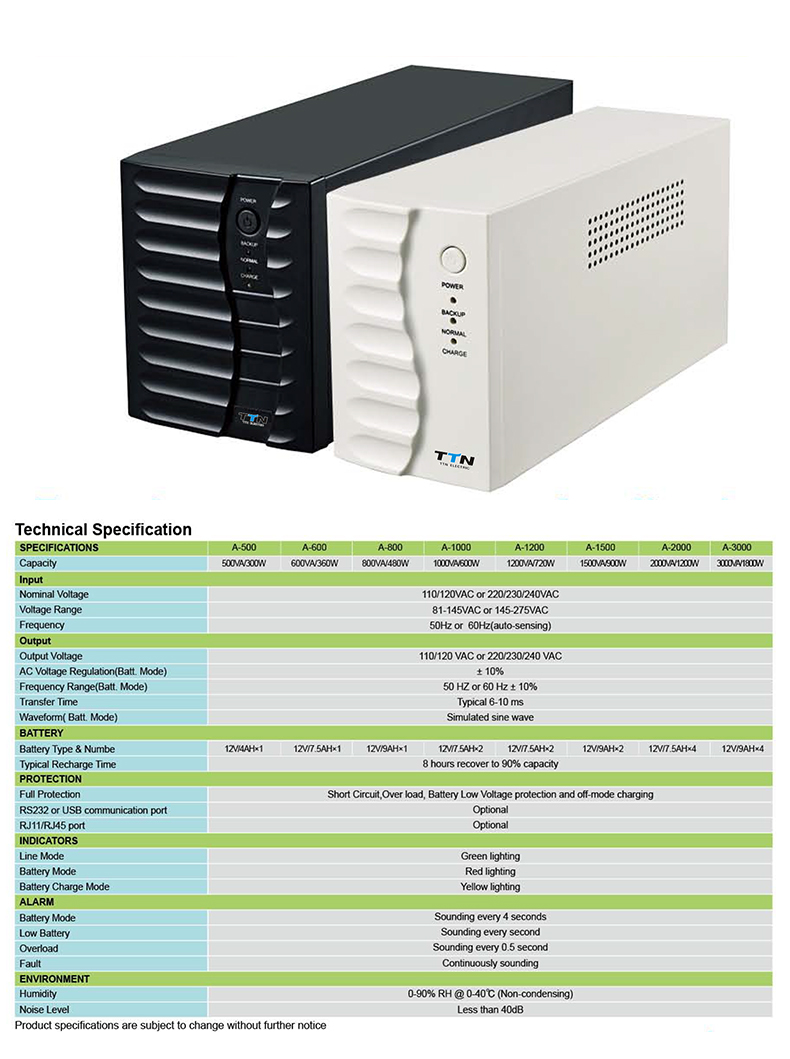This is an old post from a forum that may have been seen by many, but it's still very valuable and worth sharing with everyone here.
Frequently, people online ask what knowledge an RF engineer should have and how to get into RF work. There are countless discussions on this topic, and it seems like a common concern. But how can you do RF work well? Honestly, no one can say for sure there's only one right way to do it. It's simple: if your university professor or mentor didn't make you feel like you actually learned something about RF technology, then it's hard to say others can teach you how to learn it. My major wasn't microwave engineering, and I've been working in RF circuit design for less than seven years. I’ve never had a clear path on how to learn RF effectively. Learning RF has always been a big challenge for me, both before and now. So, how do you really learn RF well? I think the answer starts with understanding the actual work of an RF engineer.
The specific tasks of RF engineers vary depending on the industry. In the field of microwave and RF technology, different roles exist, such as “microwave engineer†or “RF engineer.†The responsibilities usually match the job title. For example, if you're working at a communication device company and your role is “RF engineer,†you might be involved in designing low-noise amplifiers, mixers, frequency synthesizers, and power amplifiers. If you're at an RFID company, your focus could be on microstrip antennas, low-noise amplifiers, and frequency synthesizers operating at 900MHz or higher. For companies working on mobile phones, there are specialized roles like “mobile phone RF engineers.â€
So, what exactly do these RF engineers do? Here are the main responsibilities:
1. **Circuit system analysis**: RF engineers often need to analyze the entire RF system, set design goals, allocate module specifications, follow EMC standards, and define component requirements.
2. **Circuit design**: This includes block diagram design and detailed circuit layout. It's a core skill that allows engineers to translate system goals into real designs.
3. **Component selection and evaluation**: Choosing the right components is crucial for meeting performance targets. Factors like cost, availability, and performance must all be considered.
4. **Simulation**: Tools like ADS, MWO, HFSS, and CST help simulate circuits. While not 100% accurate, they guide the design process and improve confidence.
5. **PCB Layout**: A good layout is essential for performance. Even small changes in routing can significantly affect results.
6. **Debugging and testing**: Debugging is not just about fixing problems—it’s about learning and improving future designs. It helps bridge theory and practice.
7. **Testing**: Proficiency with test equipment like spectrum analyzers and network analyzers is vital. Testing is the foundation of effective debugging and improvement.
8. **Hands-on experience**: Don’t underestimate the value of soldering, building prototypes, and doing hands-on work. These skills are essential for real-world success.
Now, how do you actually learn RF in practice? After understanding your responsibilities, the next step is to apply what you know. Real-world experience is more important than textbook knowledge. Many new graduates expect to jump straight into R&D, but the truth is, starting in a lab or with practical tasks builds a solid foundation.
Don’t look down on the "lab rat" role. It’s where real learning happens. Every resistor, capacitor, and trace has a purpose. Understanding why things are done the way they are is key. Avoid getting stuck in theory without application. Focus on being hands-on, asking questions, and learning through trial and error.
Here are some tips for learning RF effectively:
- **Don’t get stuck on every detail**. Jump over what you don’t understand and come back later. Sometimes, context helps clarify confusion.
- **Get into the lab**. Real RF learning happens when you test, experiment, and analyze.
- **Keep work notes**. Document your findings, compare options, and track progress. Notes help reinforce learning and provide a reference.
- **Ask questions**. Experienced colleagues can offer insights you won’t find in books. Learn from their experiences.
In short, the best way to learn RF is through practice, patience, and persistence. Stay curious, stay humble, and keep experimenting. With time and effort, you'll build the skills needed to excel in this field.
Offline
Compact size
Intelligent CPU Control
Boost and buck AVR for voltage stabilization
Off model charging
cold start function
Auto restart while AC is recovering

Offline Ups,Apc Offline Ups,Offline Ups For Home,600Va Offline Ups
zhejiang ttn electric co.,ltd , https://www.ttnpower.com
